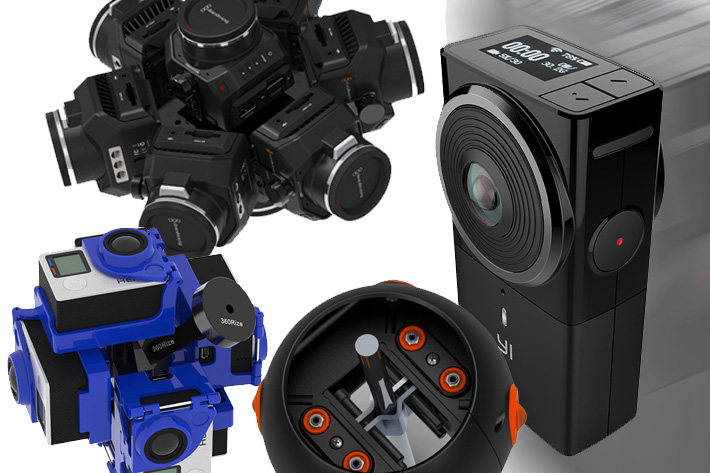360 video: next stop is the living room
By Jim Bask
By Jose Antunes
The next step is taking the experience to the living room, and, apparently, Google is not the only company interested. According to a note published by TechCrunch website May this year, Twitter, which had launched its service on Apple TV and other media platforms last Fall, updated the Apple TV app with the ability to watch live 360 videos. Twitter claims that their app is the first for Apple TV able to support live streaming 360 video.

Facebook has its Facebook 360 space, presented as “A stunning and captivating way for publishers and content creators to share immersive stories, places and experiences with their fans.” Facebook 360 offers two levels of immersion, 360 video and, for those willing to buy the hardware – Oculus Rift or Samsung Gear VR – , a “step even deeper inside a whole new world with Facebook 360. Surf the waves of Tahiti, step inside a blizzard in New York City or walk the catwalk in Milan by casting 360 video straight from your News Feed to your headset.”
While it’s still debatable whether virtual reality is going to be as mainstream as some wished, because of the cost of access to high-quality VR equipment, and the need to wear it to explore virtual worlds, 360 video seems a much more achievable goal, as it needs no specific gear and is easier to adapt to different platforms, from a portable smartphone or tablet to a living room dominated by a huge TV set.
Advertising is one area where companies are seeing a shift. Advertising company Vibrant Media introduced previously a vertical video ad format to North America, Europe, the Middle East and Asia-Pacific as part of its video portfolio, and Craig Gooding, founder and executive chairman of Vibrant Media noted that “in 2016, 43 per cent of our media agency buyers and planners bought vertical video ads. However, for 2017, 97 per cent of all our media agency buyers and planners expect more budget to be committed to vertical video.”
Notwithstanding the interest vertical video seems to have, Vibrant Media introduced immersive advertising with its 360° video format in February 2017. The company’s new study, “Media Planners and Buyers Insperience Survey” suggests that “67% of media planners and buyers want more VR and AR ads implemented into digital marketing campaigns, chiefly to increase consumer engagement but also to help curb ad blocking….

